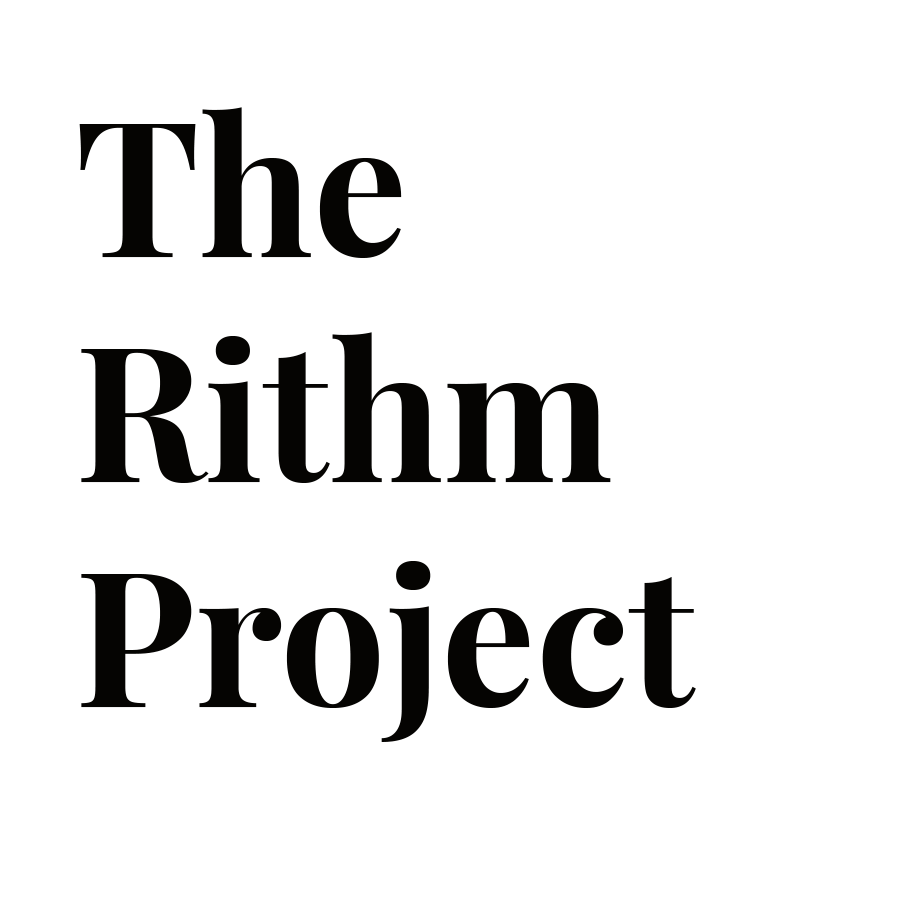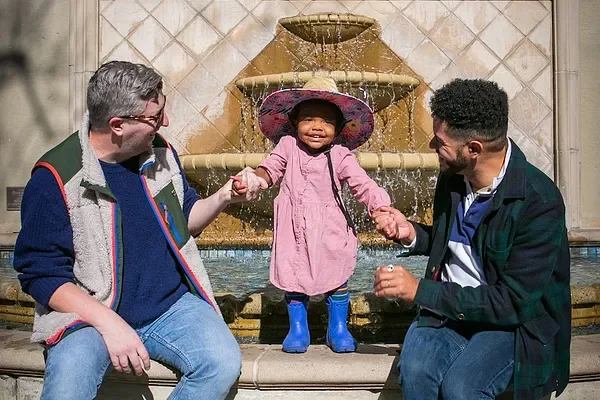
Sparks Toolkit
Additional Resources
In addition to the structured SPARK activities, these text based discussions have ignited deep, eye-opening conversations about technology, connection, and the future.
They work well as stand-alone readings or as a lead-in to other SPARK activities.
The Anti-Social Century
(from Derek Thompson in The Atlantic
This piece came out in January 2025, this article zooms out to trace the major social and technological shifts that brought us to today’s age of isolation and loneliness—from the arrival of in-home TVs to the rise of AI companions. It’s a clear, accessible starting point for exploring how cultural trends can change the way we relate to each other.
Guiding question:If you could “rewind” and change one moment in the history of technology or culture to improve human connection today, what would it be and why?
(Joy Buolamwini)
This video recording of Joy’s spoken word piece explored the ways racial bias is already showing up in AI models. In addition to squarely exploring the ways bias is embedded in GenAI, it can be useful fodder for considering the uneven impact these tools might have on different communities.
Guiding question: If AI bias isn’t addressed and remains trained on mostly white, male, American perspectives, what might the consequences be in 10 years?
“AI, Ain’t I a Woman?”
As a science-fiction writer, she explores the intersections of humanity and technology. If you’re looking for deeper reads that offers a window into these themes, consider The Long Way to a Small, Angry Planet or A Psalm For the Wild-Built.
Guiding question: If you could design the future of human-technology relationships, what values would you make sure were at the heart? Is there a future that is neither fully dystopic or utopic, that would make you feel hopeful? What do these human-technology relationships make you curious about with regards to the decisions we are making now?
The Worlds of Becky Chambers
(The Rithm Project)
Five youth fellows share what they wish adults understood about growing up with AI—from the way AI feels safer than people for some conversations, to the risk of always talking to something that agrees with you.
Guiding question: If you could tell adults one thing about how you use AI and how it affects your relationships, what would it be?
What Young People Wish Adults Knew
(The Rithm Project)
The author tries a viral AI prompt to picture his life—and runs into a string of wrong, biased images.
Guiding question: What assumptions might an AI companion make about you that would sting? Who is mostly likely to be impacted this way?
"Based on what you know about me…"
Resources from our partners
-
The Center for Digital Thriving is a research and innovation center at Harvard Graduate School of Education. They have created a great suite of activities that cover topics that are essential for young people to thrive in a tech-filled world.
-
Foundation for Social Connection has created this incredible resource (in partnership with several intergenerational groups, including The Rithm Project). It is a great overview of what we know about AI and social connection, with tangible tips about initiating conversations with young people.
-
AIEDU has developed a 10-week, project-based course to build foundational knowledge about AI. You could use it in its entirety or pull specific sessions to build a base — such as understanding how AI is developed or how bias can be baked into tech platforms.
-
This organization equips educators and youth to be creators of AI tools. As youth hone their opinion about what enhances and erodes human connection, it can be a powerful next step to put those insights into practice and actually build their own tools that can support meaningful connection.





